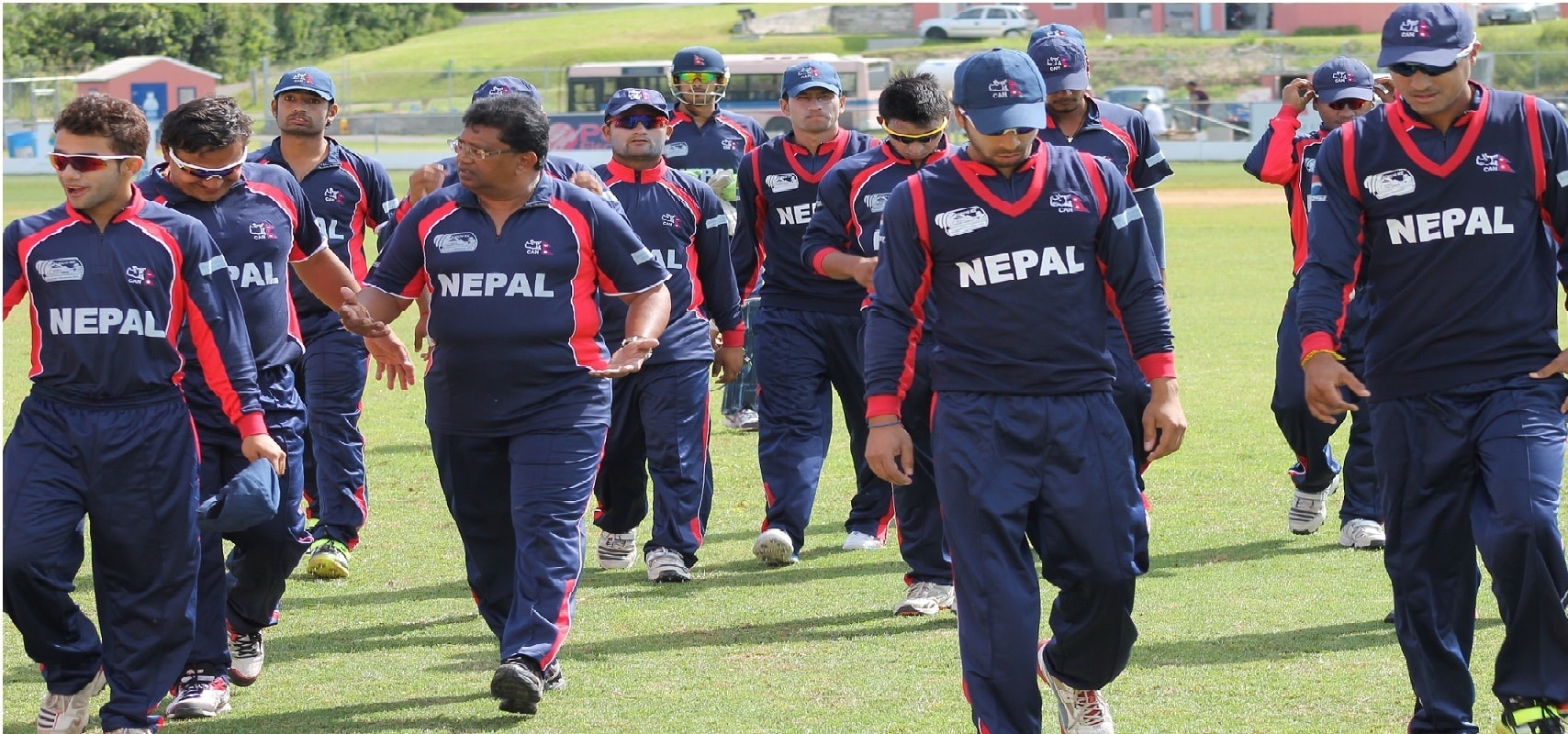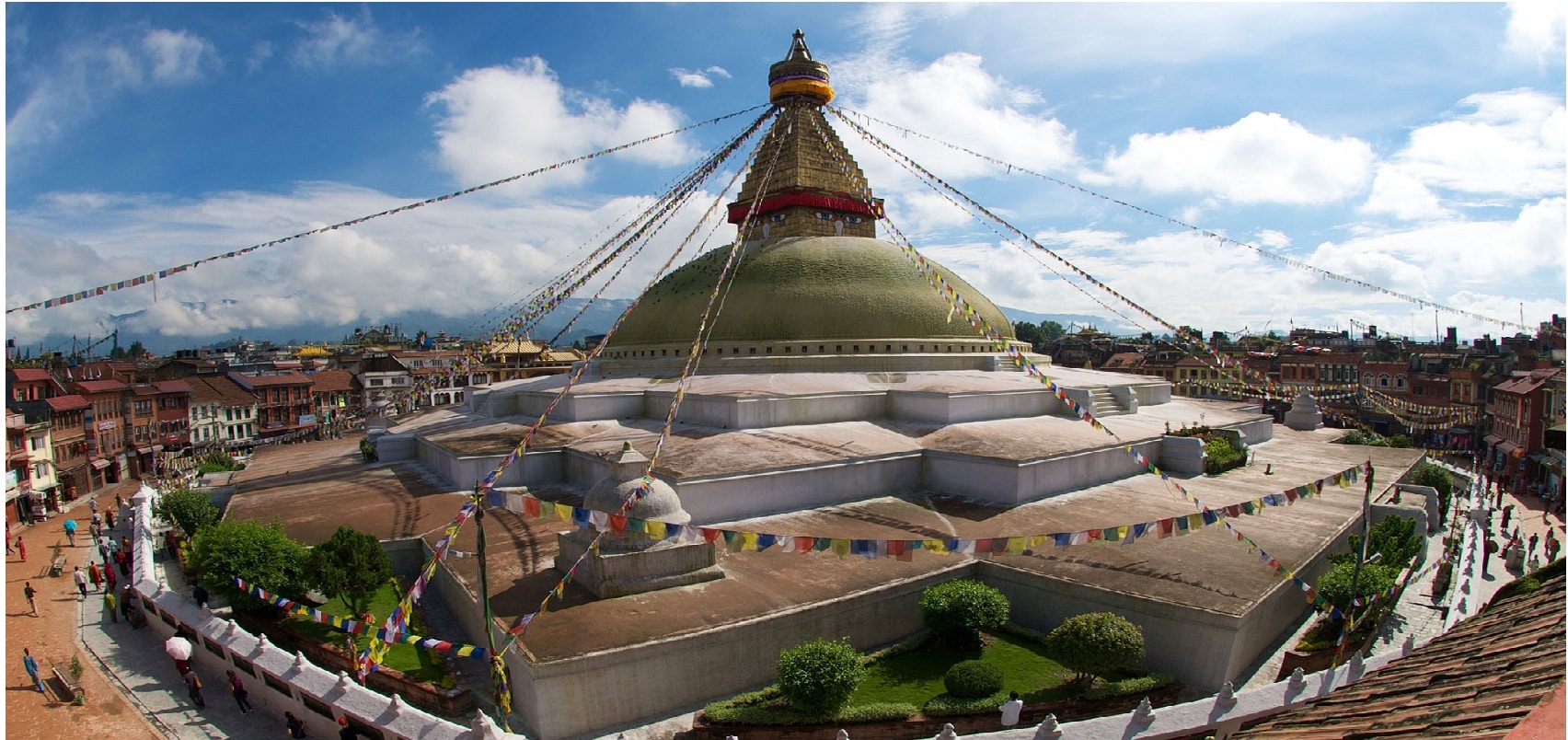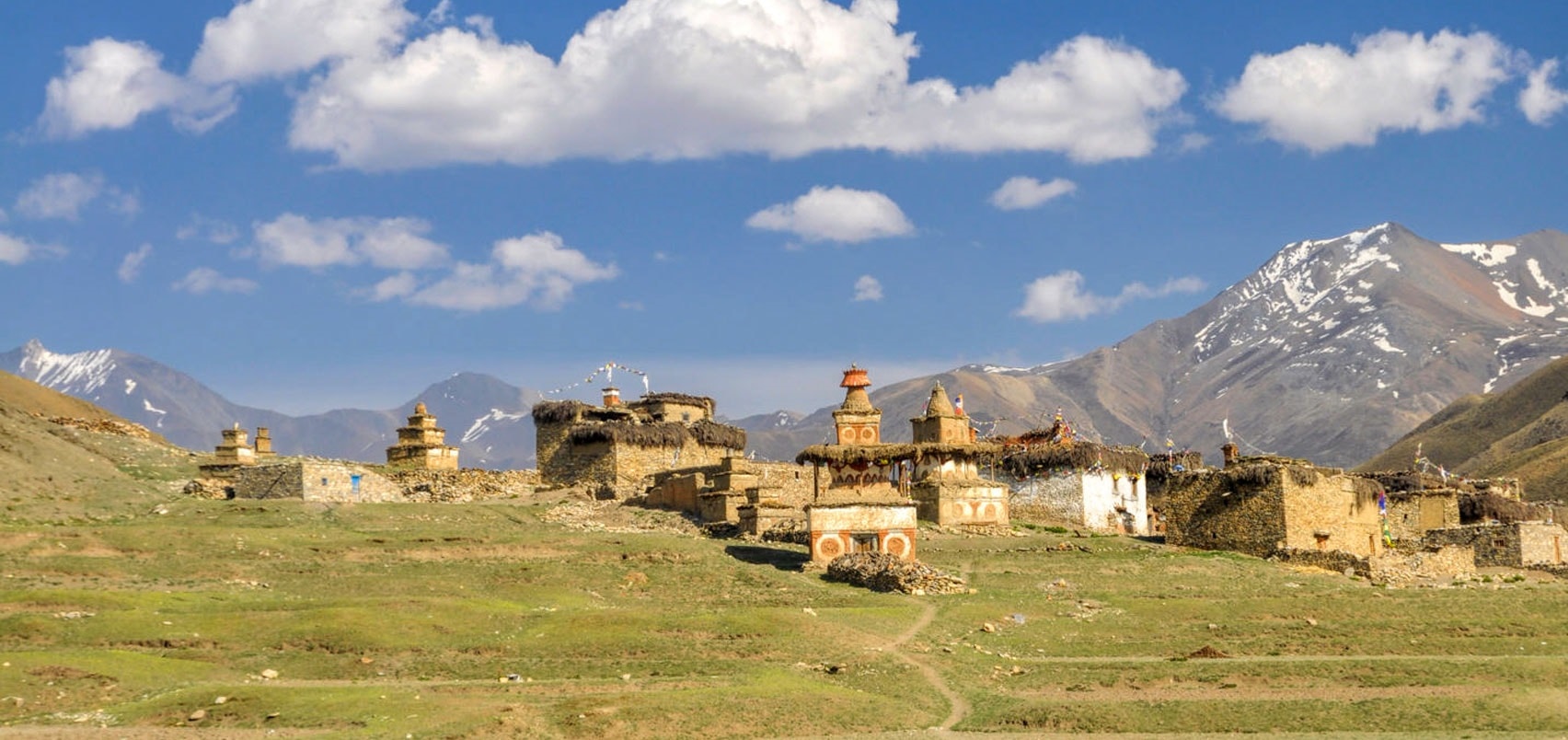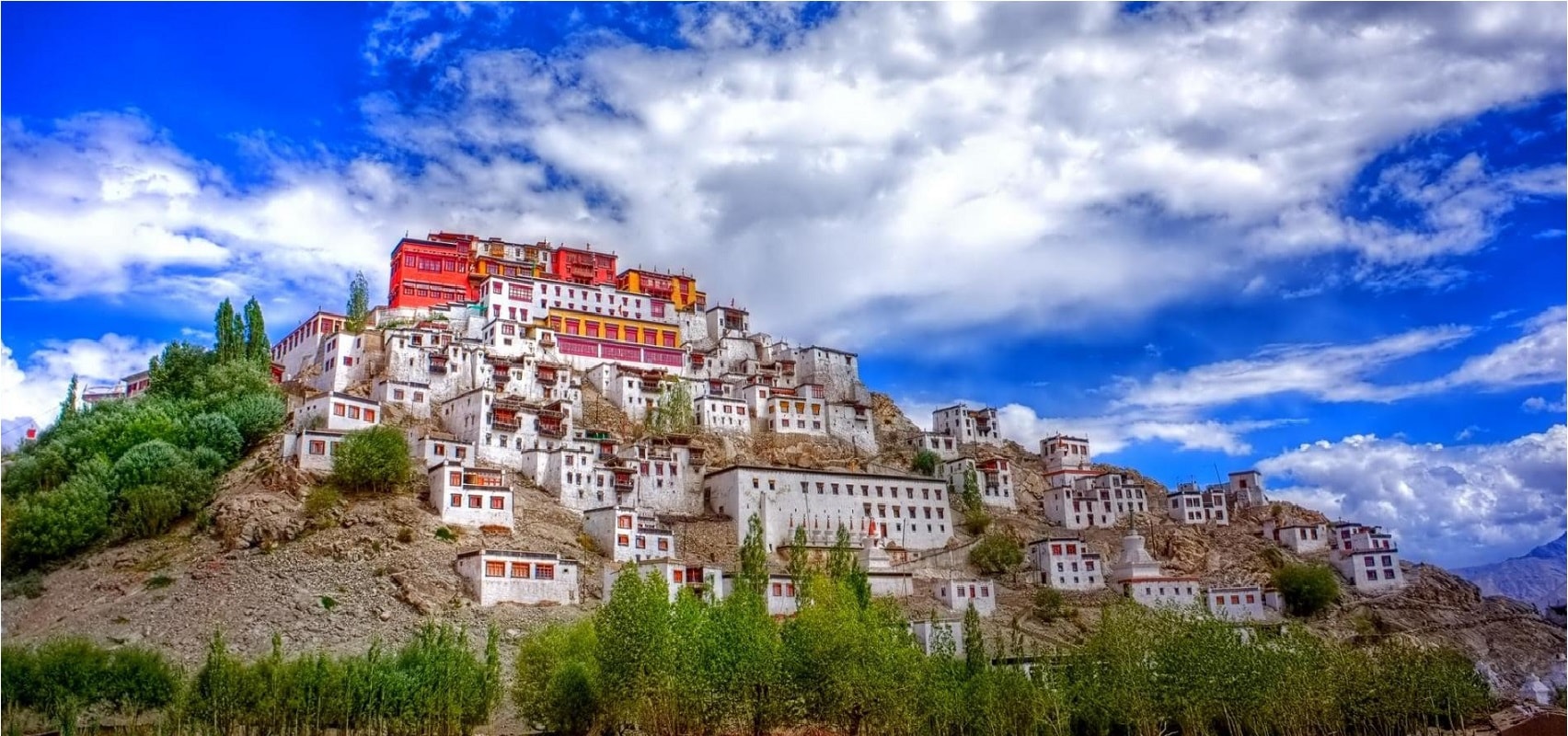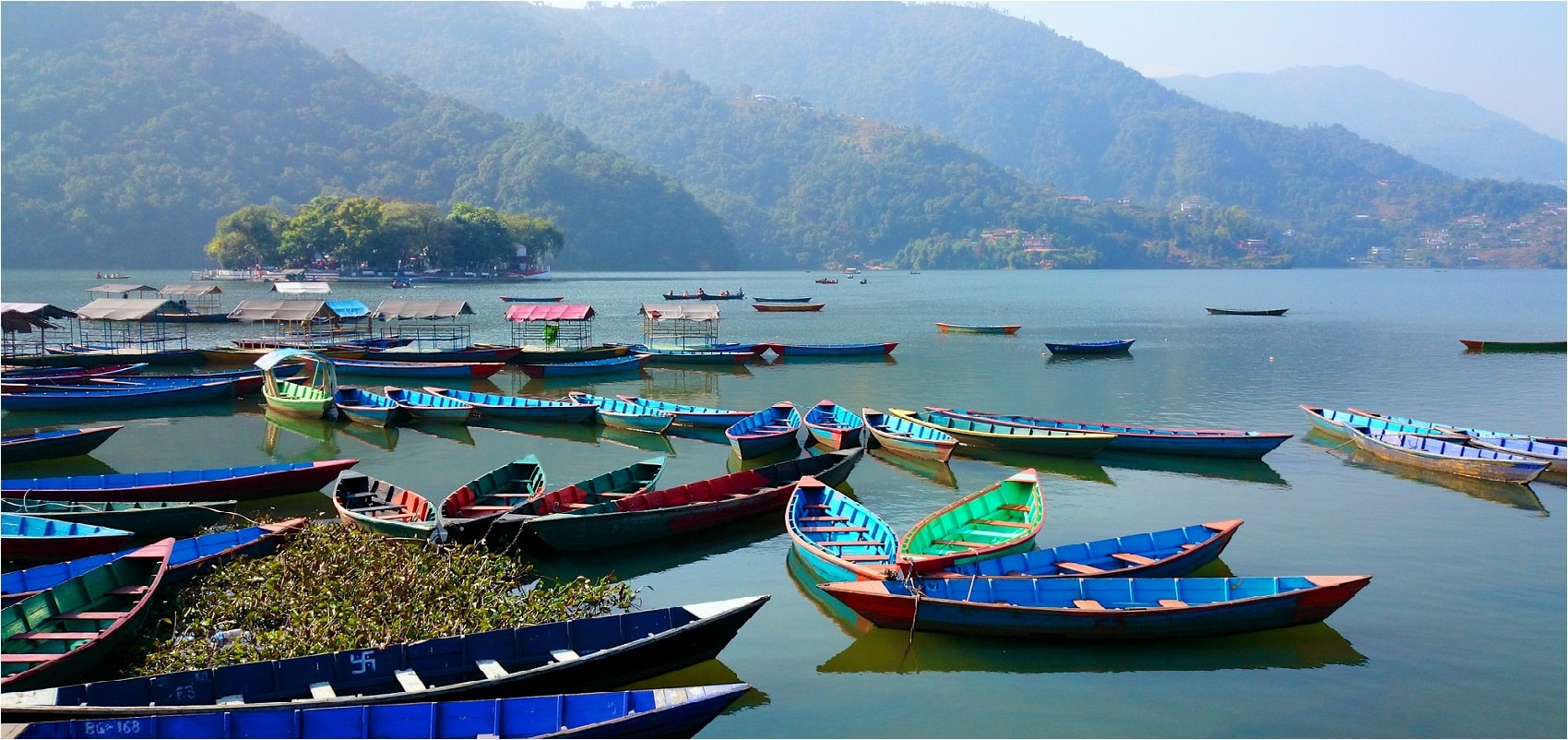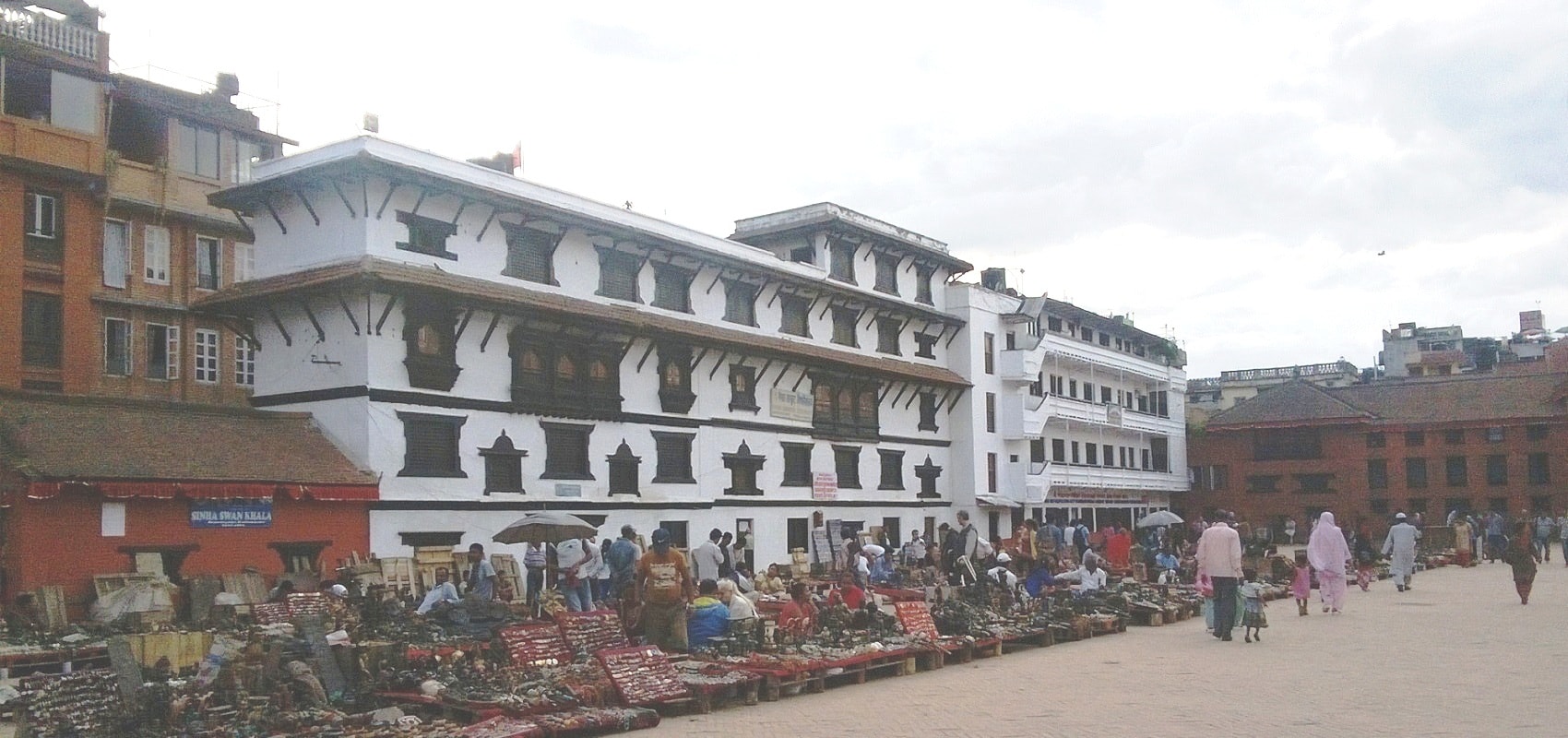Education In Nepal
Nepal became a republic in 2008. The country has approximately 28 million inhabitants. A large number of languages is spoken, but the official language is Nepalese. The Ministry of Education bears general responsibility for primary, secondary and higher education. Technical and senior secondary vocational education is coordinated by the Council for Technical Education and Vocational Training (CTEVT).
The Nepalese education system was traditionally oriented towards the Indian system, and was known as the three-tier sixteen-year education system: 10 years of primary and secondary education, followed by 4 years of college level studies and 2 years of master's education.
Primary and secondary education
Nepalese primary and secondary education is based on the 10+2 system, whereby pupils take a total of 12 years of primary and secondary education. The grades are divided into 4 phases:
- Primary Education Level (grades 1-5)
- Lower Education Secondary (grades 6-8)
- Secondary Education (grades 9-10), with Leaving Certificate (SLC) or Transfer Certificate of School
- Higher Secondary Level (grades 11-12)
The Office of the Controller of Examinations (OCE) is responsible for the SLC examinations (grade 10). After obtaining the SLC, pupils may continue to higher secondary education (grades 11 and 12). The HSEB was established in 1989 under the Higher Secondary Education Act and is responsible for higher secondary examinations (grades 11 and 12). Admission to higher secondary is partly subject to the results of the entrance exam. Each school organises its own exam in accordance with HSEB guidelines.
Higher secondary pupils take 5 subjects a year, and generally continue to take the same 3 elective subjects for a 2-year period and 1 additional elective subject for 1 year. The subjects English and Nepalese are compulsory.
- Science
- Commerce
- Humanities
- Education
Admission to Higher Education
The HSEB (Migration) Certificate offers access to bachelor's programmes. Prospective students seeking to take a bachelor's programme may also complete a preparatory programme leading to the Proficiency Certificate at Tribhuvan University immediately after obtaining their School Leaving Certificate. The universities offer both professionally-oriented and academic education.
University and Higher Professional Education
- Bachelor
Bachelor's programmes generally have a duration of 3 to 4 years. The length of a study programme may vary depending on the institution. For example, bachelor's programmes in law are offered in the form of both 4 and 5-year programmes.
A small number of programmes have a longer standard duration. The medicine programme (Bachelor of Medicine and Bachelor of Surgery – MBBS) has a duration of 5½ or 5 years, depending on the institution. The veterinary science programme (Bachelor of Veterinary Science and Animal Science) – B.V.Sc. & A.H.) generally has a duration of 5 years.
- Master's Degree
Master's programmes generally have a duration of 1 to 2 years and lead to the degree of Master or M.Phil. Master's programmes are generally coursework programmes, which can include a thesis. Postgraduate level education is not offered by all campuses.
- Ph.D.
Ph.D. programmes are offered by a small number of campuses and have a duration of 3 to 5 years. An M.Phil will generally offer access to Ph.D. programmes.

